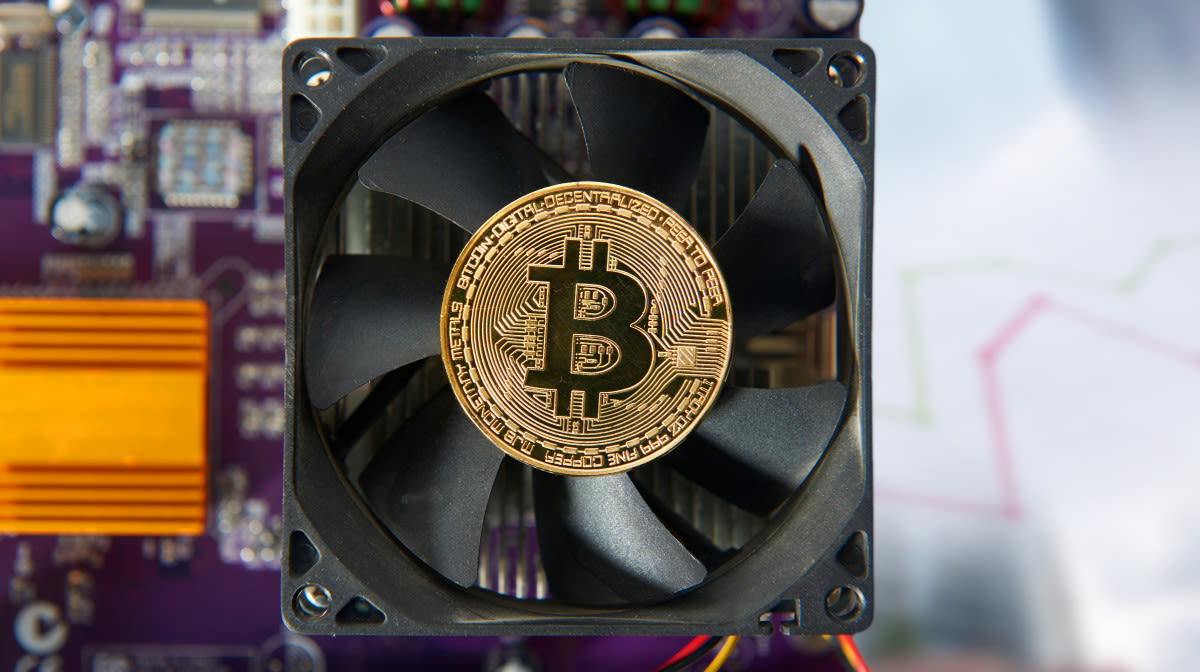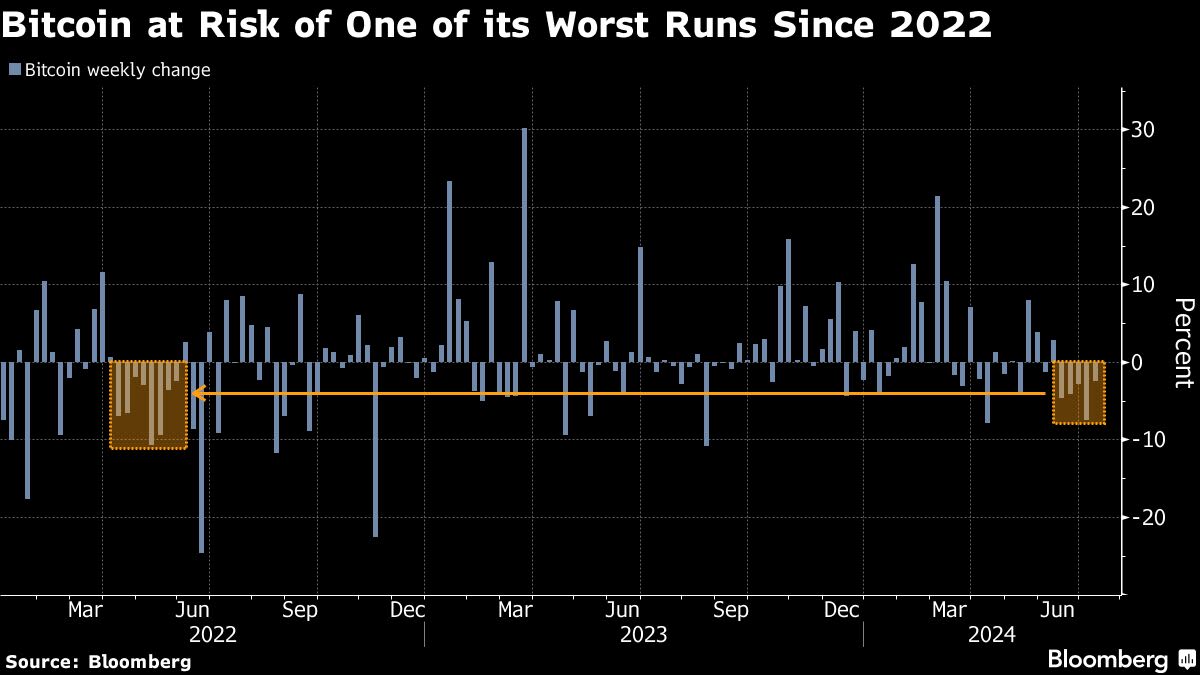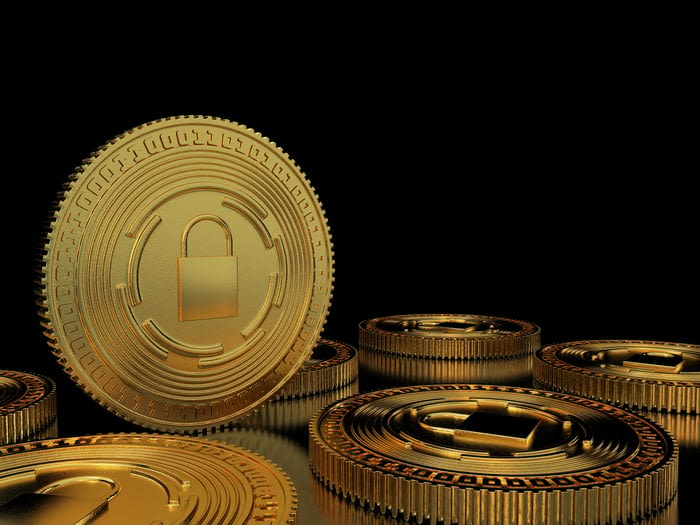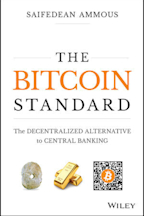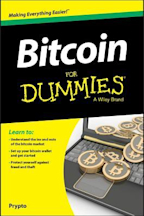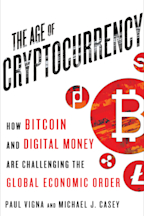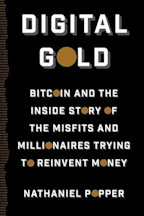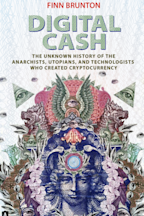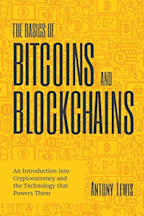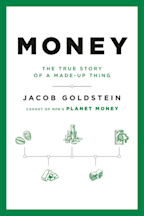Search results
- DictionaryCryp·to·cur·ren·cy/ˈkripˌtōˌkərənsē/
noun
- 1. a digital currency in which transactions are verified and records maintained by a decentralized system using cryptography, rather than by a centralized authority: "decentralized cryptocurrencies such as bitcoin now provide an outlet for personal wealth that is beyond restriction and confiscation"
News about Mt. Gox, Bitcoin, Cryptocurrency exchange
News about Bitcoin, cryptocurrency, Artemis
News about Aerodrome Finance, ZipCoinEx, Dogwifhat
Also in the news
Jun 15, 2024 · A cryptocurrency is a digital or virtual currency secured by cryptography, which makes it nearly impossible to counterfeit or double-spend. Most cryptocurrencies exist on...
Cryptocurrencies are digital assets that rely on an encrypted network to execute, verify, and record transactions, independent of a centralized authority such as a government or bank.
A cryptocurrency, crypto-currency, or crypto is a digital currency designed to work as a medium of exchange through a computer network that is not reliant on any central authority, such as a government or bank, to uphold or maintain it.
May 1, 2024 · Cryptocurrency (or “crypto”) is a digital currency, such as Bitcoin, that is used as an alternative payment method or speculative investment. Cryptocurrencies get their name from the...
Nov 29, 2021 · Cryptocurrency is a relatively new type of money that operates in a completely different way than the traditional currency we all use every day. The most basic difference is that it’s...
Feb 16, 2023 · A cryptocurrency is a digital, encrypted, and decentralized medium of exchange. Unlike the U.S. Dollar or the Euro, there is no central authority that manages and maintains the...
Jan 3, 2024 · Cryptocurrency is a type of decentralized digital currency that investors can buy and sell along the blockchain. Unlike banknotes or minted coins that have a tangible physical form,...
